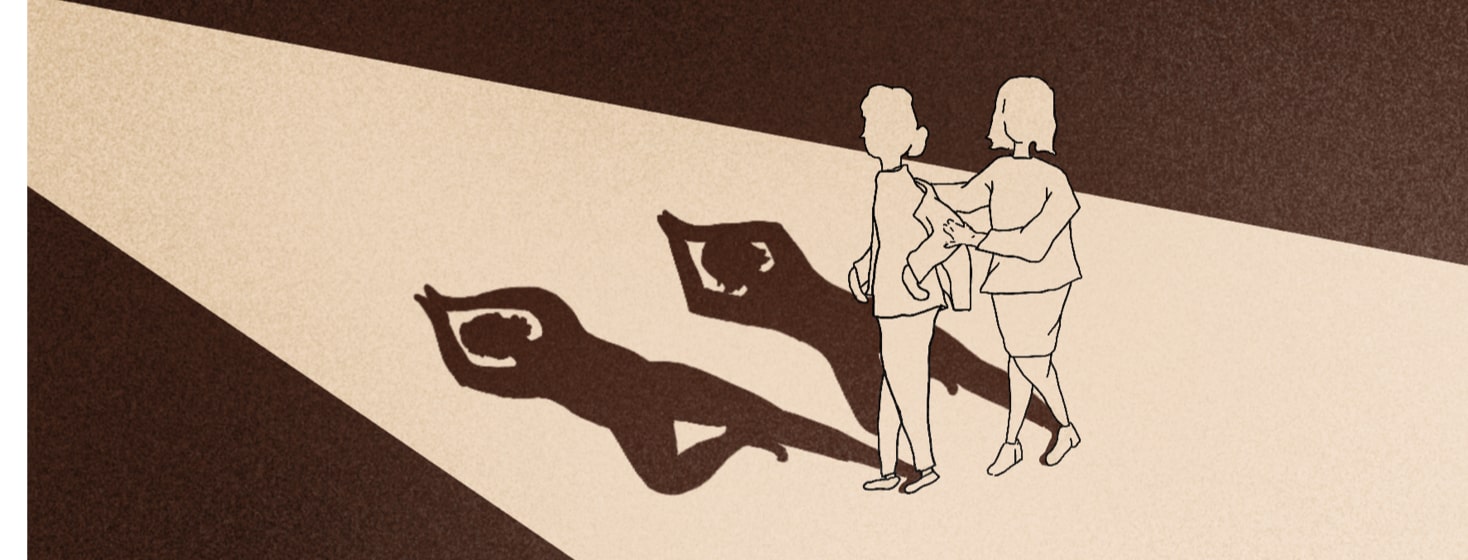Acceptance Won't Change the Outcome, But It Can Change the Journey
Early on in my mom’s Alzheimer’s diagnosis, I could not be around her without having to leave the room to cry at some point. I would look at her and see how much she had changed from the mom I had always known. It made me sad to see how much she had lost, how many things she could no longer do. I never wanted her to see how upset it made me, so I would go into another room and cry quietly to myself.
My expectations were different from reality
At the time, my mom was only 62 years old. I would often get frustrated with her because she couldn’t do things that I thought she should still be able to do with no problem. I remember thinking to myself, “She’s only 62. She’s not that old. She should still be able to do this.”
Of course, a healthy 62-year-old woman should have been able to do those things with no problem, but I failed to take into account that my mom had Alzheimer’s. She had a very valid reason for not being able to complete simple tasks or remember something I had just told her.
Still, I expected her to be able to do more. I put a lot of pressure on our time together, too. I had these high expectations of where we would go and what we would do. I always envisioned this magical time together where we had great conversation and really connect with each other. But that almost never happened and I would always leave my mom feeling disappointed, frustrated, and hopeless.
Lowering expectations as Alzheimer's progressed
Slowly I began to realize that if only I could lower my expectations of my mom and our time together, then maybe I would be able to enjoy spending time with her more. Why was I expecting my mom to be able to do all the things she used to be able to do? Why was I expecting her to be capable of remembering things the way she used to? Why was I still expecting her to be who she was before she had Alzheimer’s?
I began to look at things differently. I decided to meet my mom where she was at and focus on what she was still able to do instead of focusing on what she could no longer do. I lowered my expectations of our time together, as well. I stopped expecting everything to be so perfect. I realized if I was ever going to enjoy spending time with my mom again, I would have to embrace our new normal instead of trying to force our old normal to still exist.
Over time this new way of thinking stuck and it allowed me to finally accept my mom’s Alzheimer’s. Acceptance changed everything and I believe it made our journey with Alzheimer’s a little bit easier.
You will always want your loved one back. That grief will never go away. But if you are able to stop expecting your loved one to be who they were and start accepting them for who they are, this journey becomes just a little bit easier.
Meet them where they are at.
Accept them for who they are.
Embrace your new normal together.
It won’t change the outcome, but it just might change the journey.

Join the conversation